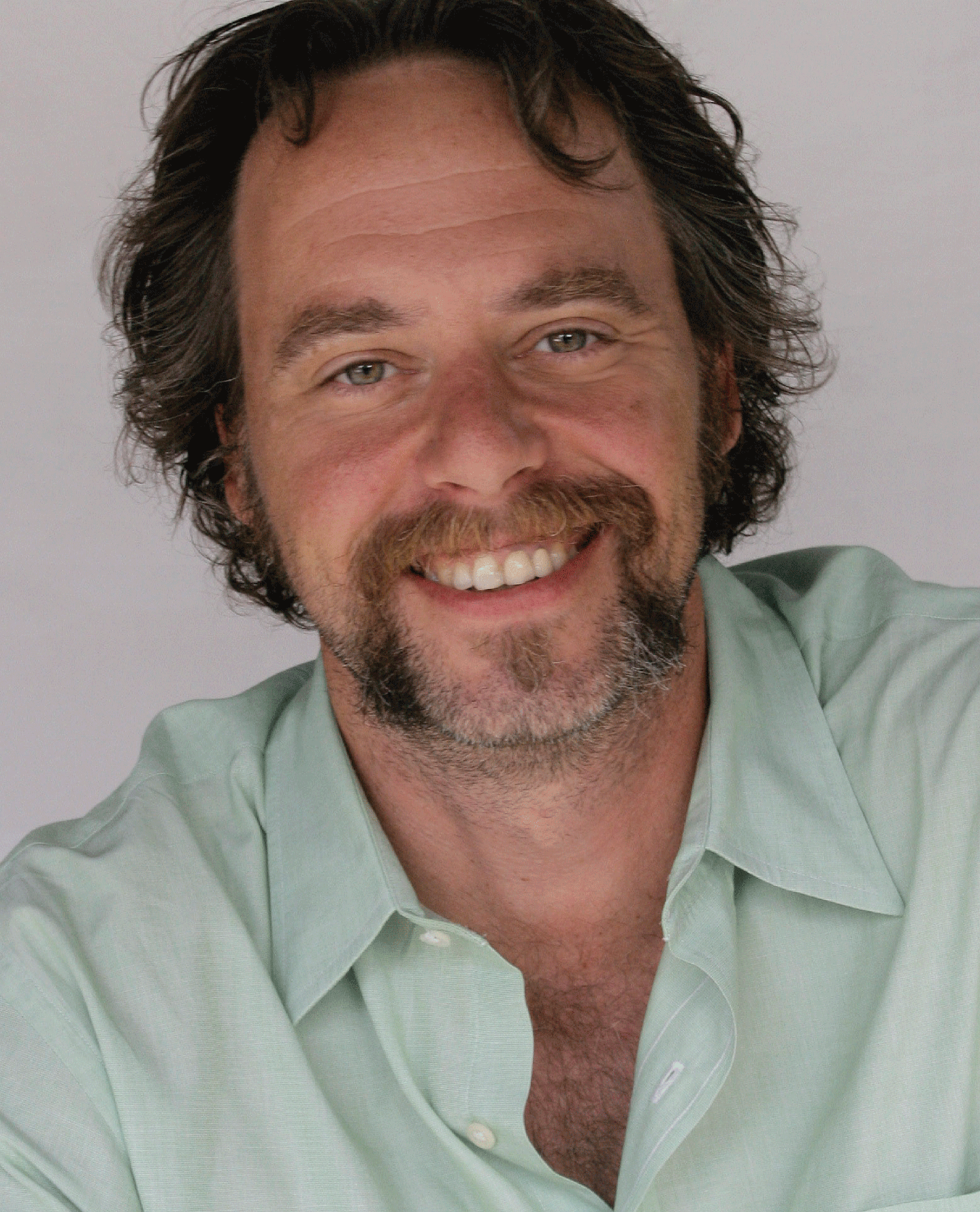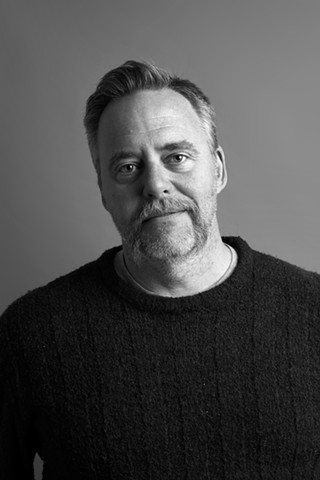Over the years, I’ve received numerous offers by those looking to write an advice column for Chronogram. I’ve consistently demurred, mainly due to my belief that the magazine’s limited editorial space is more constructively employed telling stories than doling out actionable aphoristic tidbits. The oft-heard advice (yikes!) from freshman composition holds true: Show, don’t tell. If there is a guide to behavior implicit in these pages, I hope it’s a by-product of our desire to inform and delight you. I’m also reminded of the fortune cookie scrap taped to my computer, which offers the following paradoxical recommendation: “It is better to receive advice than to give it.”
That said, sometimes I look at Chronogram and I think: There are lessons here. This month, there are a number of pieces that set a clear course for action. Allow me to set myself in my advice booth, Lucy van Pelt-style, and alert you to some of the wisdom surfaced in our pages this month.
Uneasy Lies the Head That Wears A Crown
Poor Chomsky. Built in 2006, Chomsky was the Guinness world-record holding tallest garden gnome for four years, towering 14 feet over the Homegrown Mini-Golf Course on Kelder’s Farm in Accord. The brainchild of artist Maria Reidelbach, Chomsky stood proud along Route 209 in the verdant landscape of the Rondout Valley, which Gregory Schoenfeld profiles in our Community Pages this month ("How Deep is the Valley"). When you’re at the top, however, everybody’s scrambling to displace you. In 2010, not one but two taller gnomes were built—in Poland and Iowa—toppling Chomsky from his throne of tallness. Reidelbach is undeterred, and is working on some modifications to Chomsky to put him back on top.
Eat Less Meat
This is fairly simple, straightforward, and world-changing advice. We can live longer, both personally and globally. Dedicated carnivores like food writers Michael Pollan and Mark Bittman have recommended it, and there is growing momentum in the US toward a more plant-based diet. The natural carrying capacity of the environment cannot sustain how our meat is raised, so we factory farm, damaging our ecosystem and our own health. (The animals born to live and die inside the profit-driven confines of industrial agriculture often go unmentioned in this discussion. But the treatment of animals in factory farming is the great ethical quandary of our time.) In “Power to the Plant Eaters,” Wendy Kagan talks with wellness activist and “cancer thriver” Kris Carr, who documented her use of nutritious, whole foods as medicine in her 2007 film Crazy Sexy Cancer. Carr advises us to “add goodness in” before removing anything. If you’re eating meat five days a week, cut back to three, but first, add in a green juice or smoothie as a tasty substitute. Saving the planet doesn’t require complete self-abnegation. It starts with understanding where your food comes from and making conscious choices.
Blur the Lines of Work and Play
Studies tell us that we’re working harder than ever, putting in more hours at our jobs than in recent generations. Not only are we called upon to be more productive year after year, but mobile technology now allows us to take our work with us no matter where we go: home, vacation, waiting at the grocery store checkout line. Call it the “new normal.” Blame the Great Recession. The reality is: our jobs are consuming time we used to spend on other things, if only sitting in front of the TV.
I doubt Maud and Miska Petersham watched much TV. The couple, whose illustration appears on the cover this month, produced over 100 books in the course of their prolific career ("On the Cover"). The Petershams worked hard, but as Lawrence Webster reveals in her recent book about the Woodstock-based pair, Under the North Light, they built an integrated creative life that blurred the lines between work and play. An illustration of a heart from one of their books might wind up as a wood-carved motif on a staircase in their home. A visiting child might be swept up in an afternoon’s adventure via an attic costume trunk.
And while most of us are not work-at-home creatives who can play dress-up on a whim, the Petershams’ playfulness and creative engagement calls us to be mindful of the questions popularized by anticareer guru Rick Jarow: How do we create the work we love? How do we make meaning from our jobs?
How to Survive the Holidays
Filmmaker John Waters is touring his one-man holiday show again, bringing his delightfully off-kilter observations about the holiday season to the Bardavon on December 1. In an interview with Jay Blotcher ("From Sleaze to Grise"), Waters offers his top piece of advice for not going bonkers over the holidays: Don't let the tree fall over. Tie up the dog—the main culprit in most reported Christmas tree accidents—and restrain the drunken relatives. (Waters knows about fallen Christmas trees from experience: One Christmas, the tree fell on his grandmother, which he repurposed in his 1974 film Female Trouble.)
For Every Action, There is an Equal and Opposite Reaction
Newton’s Third Law of Motion, offered as a reminder that our words and deeds have consequences. Last month in this space, I spilled some ink detailing my poor driving habits. What was lost on some readers ("Letter to the Editor") was the Ford Motor study I cited that suggested that we, as unsafe drivers, are all in this together. (Admittedly, I may have fueled the Brian-is-unsafe-at-any-speed backlash by referring to myself as a “menace.” For future reference, I lead a rich inner life and have a tendency to skew toward hyperbole to illustrate a point.)
I want all concerned readers to note—especially the gentleman who called me to make a personal appeal that I “reform my antisocial behavior” and enroll in a defensive-driving course—that I’ve heard your pleas. I am attempting to drive with greater care and attention. I will no longer answer your calls, nor will I type witty rejoinders to your texts. No doubt the sum total of jocularity in the universe will exponentially decrease, but y’all may drive without a debilitating fear of the Editorial Menace in the silver Honda. (And thanks to those who selfishly suggested perhaps I should spend more time riding my beloved bicycle than behind the wheel.)
Our vehicular salvation may actually arrive in the form of technology—California just passed a law legalizing autonomous vehicles, which Google is testing on the roadways of Silicon Valley. Robot cars could be on the road as early as 2015 (While You Were Sleeping). I’ll let you know once I get my robot-controlled car. I’ll text you!
- Home
- Arts
- Food & Drink
- Towns
- Home & Design
-
Towns
- Accord
- Amenia
- Beacon
- The Berkshires
- Catskill
- Chatham
- Cold Spring
- Cornwall
- Ellenville
- Gardiner
- Garrison
- Germantown
- Goshen
- Great Barrington
- Hunter
- High Falls
- Highland
- Hillsdale
- Hopewell Junction
- Hudson
- Hyde Park
- Kerhonkson
- Kinderhook
- Kingston
- Marlboro
- Middletown
- Millbrook
- Millerton
- Montgomery
- Mount Tremper
- New Paltz
- New Windsor
- Newburgh
- Orange County
- Pawling
- Peekskill
- Phoenicia
- Poughkeepsie
- Putnam County
- Red Hook
- Rhinebeck
- Rosendale
- Saugerties
- Stone Ridge
- Sugar Loaf
- Tivoli
- Wappingers Falls
- Warwick
- Woodstock
- Westchester
- Lifestyle
- Horoscopes
- Cannabis
- Wellness
- The River
- Events
- Chronogrammies
- Newsletters
- Add Your Event
- Support Us
- Login
- sign in
- Username
[]
Tags
About The Author
Brian K. Mahoney
Brian is the editorial director for the Chronogram Media family of publications. He lives in Kingston with his partner Lee Anne and the rapscallion mutt Clancy.
Support Chronogram
Related Content
Website
Chronogram


















